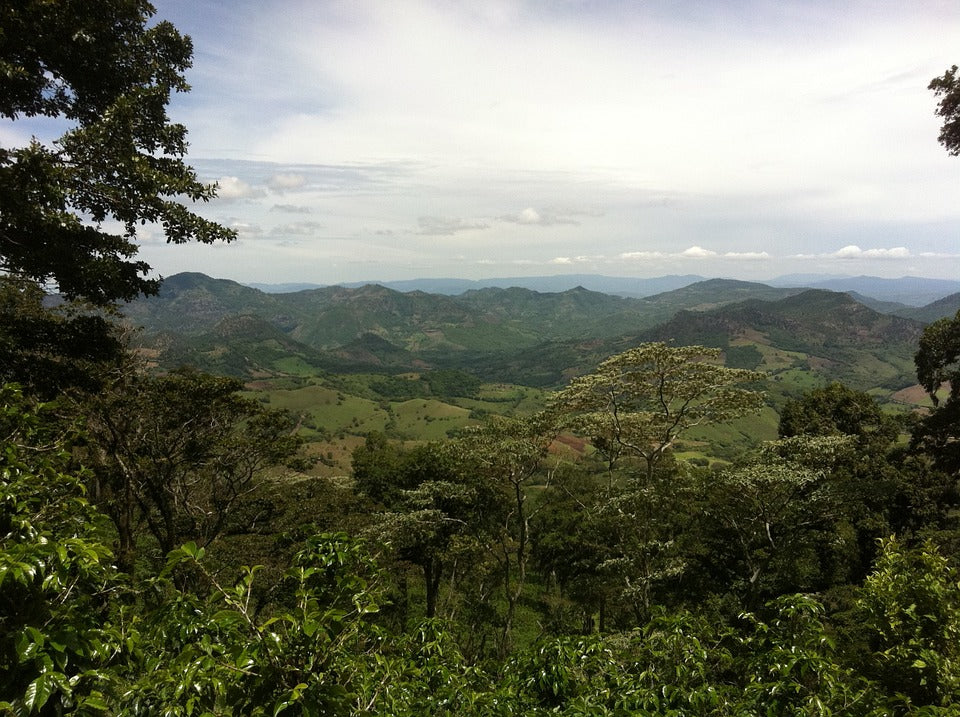Offer
Provide additional details about the offer you're running.
Provide additional details about the offer you're running.
Provide additional details about the offer you're running.

It’s something most of us do each and every morning: grab a hot cup of coffee to help catapult us into our busy day. Coffee is big business, as one of the most popular consumables by humans on the planet, it brings is billions of dollars per year in revenues and is a chief export of many countries. With a rise in demand for Free Trade Coffee, consumers are ensuring what they consume is both healthy for themselves and those that harvest and produce the product. But as birders, there too are a number of risks that go along with producing coffee that can detrimentally affect a number of bird species.
Coffee was traditionally produced on bushed that required a good amount of shade to survive and underneath this canopy of cover, was a very natural habitat for wildlife, especially birds. Over time, high yielding, sun-tolerant coffee bushes were soon developed, eliminating the need for these shady regions where both wildlife and plant life flourished. While these innovations did increase production exponentially, it also brought on the widespread use of pesticides and herbicides.
In light of these changes in production, the Smithsonian Migratory Bird Centre (SMBC) developed the only 100% organic and shade-grown coffee certification available, aptly named Bird Friendly. While today, there are a number of other certifications that different coffee growers may or may not have, the Bird Friendly label ensures the product is organically certified and follows the standards prescribed by ornithological researchers and professionals at SMBC. While other sustainable labels will allow for product dilution, the Bird Friendly label ensures the product is 100% organic and shade-grown.
We have been proudly carrying a line of organic and shade-grown coffees for the past year, with great results. Situated in Creemore, Ontario, the Creemore Coffee Company proudly supplies us and their customer base with carefully selected coffee products. With Christmas creeping up on us by the day, a bag of our Creemore Coffee is sure to delight your mornings and aid in the fight against habitat destruction for some of our favourite migratory birds while they are away during the winter months.
.
High Quality Blend